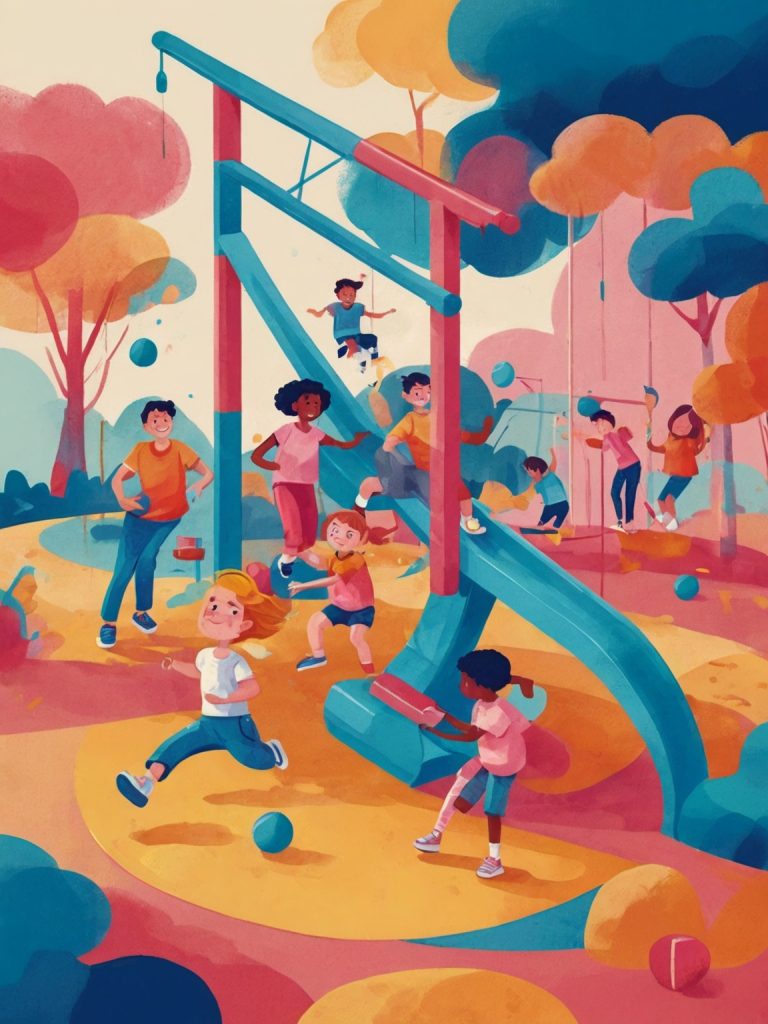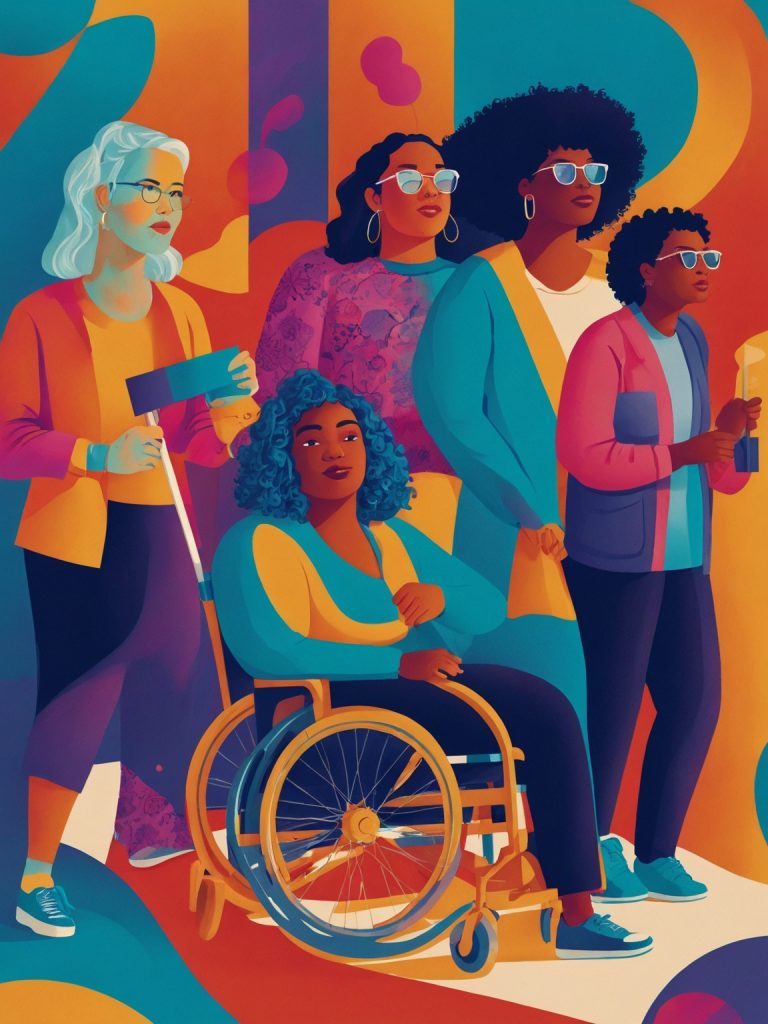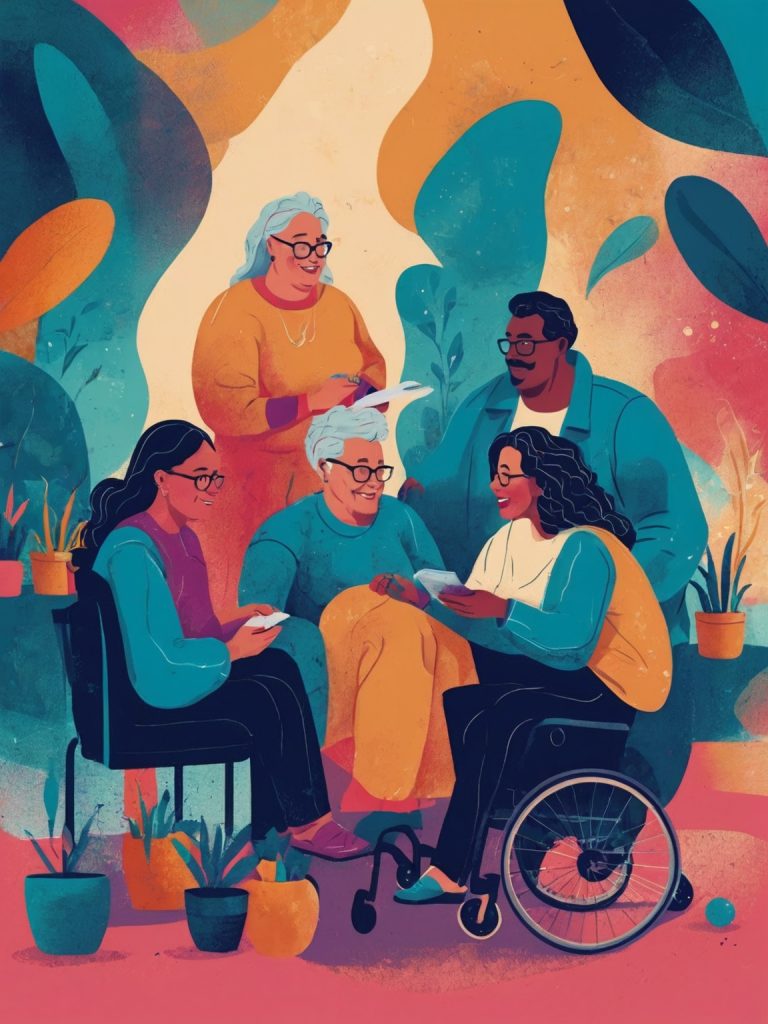This article goes beyond basic information. It offers a warm, empathetic approach, highlighting the value of every individual and the power of building a supportive community.
TL;DR
- Disabilities are a natural part of human variation.
- They can arise from genetics, environment, or accidents.
- Caregiving offers challenges and rewards – growth, resilience, and deeper connections.
- By advocating for inclusion, you can create a more accessible world.
- Connecting with support networks empowers both caregivers and individuals with disabilities.

The beautiful tapestry of humanity is woven with threads of incredible diversity. While some individuals may have disabilities or special needs, these differences make us who we are and contribute to a richer, more vibrant world.
Understanding the Why: A Look at Causes
Disabilities can arise from a variety of factors, some within our biology and others influenced by the environment. Genetic variations, chromosomal differences, or prenatal exposure to certain substances can play a role. Additionally, complications during birth or accidents later in life may also contribute. It’s important to remember that these are not choices – they’re simply part of the complex miracle of human development.
| Category | Description | Example |
|---|---|---|
| Genetics | Variations in genes or chromosomes | Down syndrome, cystic fibrosis |
| Environment | Exposure to toxins, infections, accidents | Lead poisoning, cerebral palsy |
| Birth Complications | Issues during pregnancy or delivery | Premature birth, oxygen deprivation |
This table provides a basic overview of the three main categories that can contribute to disabilities. It’s important to remember that these are just general classifications, and the specific causes of disabilities can vary widely.
Beyond Our Control: The Role of Environment
The environment we live in can also impact our abilities. Exposure to toxins during pregnancy, infections, or accidents can sometimes lead to disabilities. These are external forces beyond anyone’s control, highlighting the importance of creating safe and healthy surroundings for everyone.
Celebrating Diversity: A Spectrum of Abilities
Humanity thrives on its differences. Each person, regardless of their abilities, possesses unique talents and deserves respect and understanding. Recognizing disabilities as a natural part of human variation allows us to build a more inclusive world where everyone feels valued and supported. Here, the concept of “universal design” comes into play. This means creating environments, products, and services that are accessible and user-friendly for everyone, regardless of ability.
Growth Through Experience: The Power of Caregiving

While caring for individuals with disabilities can present challenges, it’s also an enriching journey of personal growth. Caregivers often develop incredible strengths like resilience, patience, empathy, and compassion. These qualities not only benefit the individual they care for, but also enrich their own lives and foster deeper connections with others. Studies have shown that caregivers often experience a heightened sense of purpose and meaning in their lives through their caregiving experiences.
| Challenges | Rewards |
|---|---|
| Patience and resilience | Deep connections and a sense of purpose |
| Problem-solving and resourcefulness | Increased empathy and compassion |
| Time management and organization | Personal growth and satisfaction |
Caregiving can be demanding, but it also offers unique opportunities for personal development. This table highlights some of the potential challenges and rewards caregivers may experience.
Be a Champion for Change: Advocating for Inclusion

By educating yourself about disabilities and special needs, you can become a powerful advocate for a more inclusive society. Learn about different conditions, the challenges individuals face, and their rights. This knowledge can empower you to speak up and create a world where everyone has the opportunity to thrive. There are many ways to get involved in advocacy efforts. You can volunteer your time with organizations that support people with disabilities, contact your local representatives to voice your concerns about accessibility issues, or even start your own awareness campaign in your community.
Building a Support Network: You’re Not Alone

Whether you’re a caregiver or someone who simply wants to learn more, connecting with others who share similar experiences can be incredibly valuable. Support groups and online communities offer a space to share stories, access resources, and find helpful advice. When it comes to supporting individuals with disabilities, it’s important to remember that a collaborative approach is key. Caregivers, educators, therapists, and medical professionals all play a vital role in ensuring that individuals with disabilities have the support and resources they need to reach their full potential.
| Resources | Benefits |
|---|---|
| Support groups | Share experiences, find encouragement |
| Online communities | Access information and connect with others |
| Disability rights organizations | Advocate for change and inclusion |
| Professional organizations | Get connected with specialists and therapists |
Building a support network is crucial for both caregivers and individuals with disabilities. This table offers a few examples of resources that can provide valuable assistance and connection.
Remember, disabilities and special needs are simply part of the human experience. They don’t define who someone is or diminish their potential. By fostering empathy, understanding, and a commitment to inclusion, we can all contribute to building a more compassionate and supportive world for everyone.







